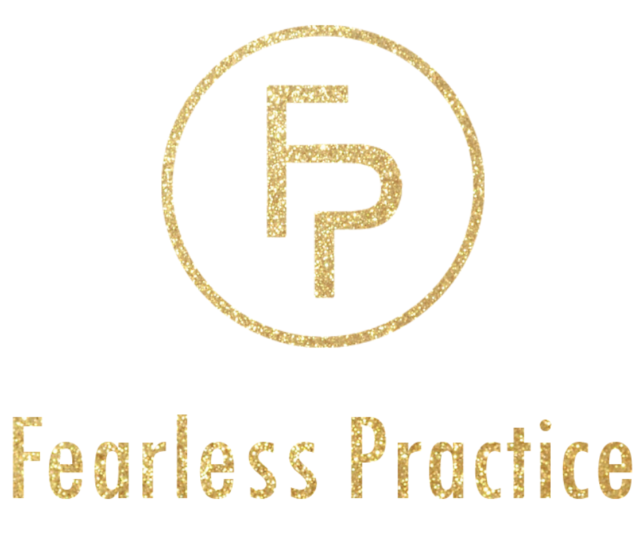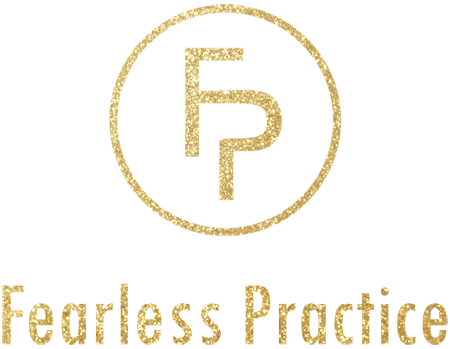ors
NEW PSYCHOLOGY TODAY FEATURE: UPDATED ENDORSEMENTS! | EP 63

Are you looking for ethical and effective ways to market yourself? Is there a fellow counsellor in your field that you want to recommend? Have you heard about the new Psychology Today feature?
Even though the endorsement feature on Psychology Today has been around for some time, they recently revamped it, allowing you to clearly showcase your endorsements and recommendations on your profile to potential clients. It’s a great, free marketing tool that benefits all therapists!
In this podcast episode, I explain the process of writing endorsements for other clinicians, as well as general communication guidelines for when it comes to sending and receiving recommendations from other therapists.
As you know I’m all about seeing you succeed in your Canadian private practice, so in the spirit of keeping things real, check out my Tools and Deals page where you can get free access to my online private practice checklist, as well as discount codes and subscriptions specials on EMRs, website builders, and online practice essentials. Visit fearlesspractice.ca/deals to claim your discount codes and to get more info!
In This Episode
- Why endorsements are important
- How to write an endorsement for another therapist
- General communication guidelines
Why endorsements are important
‘When people are looking for a therapist, they may see how many people have endorsed that therapist and be more likely to click on that profile rather than another profile.’ – Julia Smith
With the new updated Psychology Today feature, your endorsements will now show up right next to your profile as a little heart, which allows potential clients to see how many other therapists have recommended you.
It might not seem like much, but those little recommendations can make a big difference when it comes to whether a client chooses to work with you or with someone else.
‘If you write endorsements for other counsellors, you show up on their page, and it shows what you say about that therapist, and maybe somebody that’s looking on their profile will scroll down [and] see the kind comments that you’ve written about that therapist, and they may then decide to check [out] your profile!’ – Julia Smith
So, whether you are receiving endorsements or writing them for other Counselling Therapists, it will benefit you and other fellow therapists!
‘[Endorsements] build your credibility and they help to gain public trust in the services that you provide. So the more endorsements you get, the better for your profile on Psychology Today, and the more legit you become as a therapist!’ – Julia Smith
How to write an endorsement for another therapist
- Go onto your account
- Click on “account settings” in the top right-hand corner
- Select “endorsements” from the drop-down menu
- Search for other therapists that you know, and start writing!
‘With endorsements, you want to embellish and talk as much as you can about how awesome this therapist is.’ – Julia Smith
Here are some suggestions of what you could write about or mention in your endorsement for another therapist:
- How you know them
- If you have worked with them in the past
- Why you think that they are an asset to the counselling profession
- The skills that they have
- Their helpful personality traits
‘The more that you can talk about them as a therapist and why they’re awesome, the more that it will help you [too] … because people that are reading their profile may scroll down and see that amazing, beautiful recommendation [from you] and they might [also] want to look at your profile.’ – Julia Smith
General communication guidelines
The general guideline is if someone writes you an endorsement, and you know who they are and you are familiar with their work, then it’s considered good practice to return the gesture and to write one for them too. Aim to write back that endorsement within a week.
Also, if you write a therapist that you know an endorsement and they do not write you one back within a week, I recommend writing them a short, polite email to follow up.
Keep in mind that endorsements have to be accepted for them to appear on a profile. So, if the therapist has not written you a recommendation back, it could be because they have not seen or accepted the endorsement that you initially wrote. In this case, you can also follow up with a polite email!
Remember, it’s unethical to ask clients to write testimonials for you and your Canadian private practice. Listen to this podcast episode for a recap on the ethical marketing techniques that you use when it comes to endorsements.
Connect With Me
Resources Mentioned and Useful Links:
Ep 62: Marketing Your Private Practice on Podcasts
Want 6 FREE months of Psychology Today Canada that’ll give me a free month too? Email me your name at info@fearlesspractice.ca and I’ll hook you up ☺
Learn more about the tools and deals that I love and use for my Canadian private practice
Article: How to Set Up a Canadian Private Practice Website
Listen to my Canadian private practice journey up until now!
Sign up for my free e-course on How to Start an Online Canadian Private Practice
Jane App (use code FEARLESS for one month free)
Rate, review, and subscribe to this podcast on Apple Podcasts, Google Podcasts, Stitcher, Spotify, Amazon, and TuneIn


About Jules Smith
Jules Smith, MEd, RCT, CCC is a registered Counselling Therapist who owns a group private practice in Halifax, Nova Scotia. They are also the owner of Fearless Practice Consulting and hosts the Fearless Practice podcast. Through the Fearless Practice podcast, they provide invaluable insights and practical advice on starting and growing a successful Canadian private practice.
Jules also has written articles for the Canadian Counselling and Psychotherapy association. You can learn more at www.ccpa-accp.ca/blog/.


